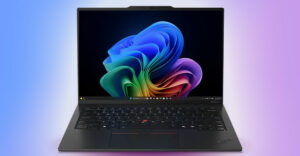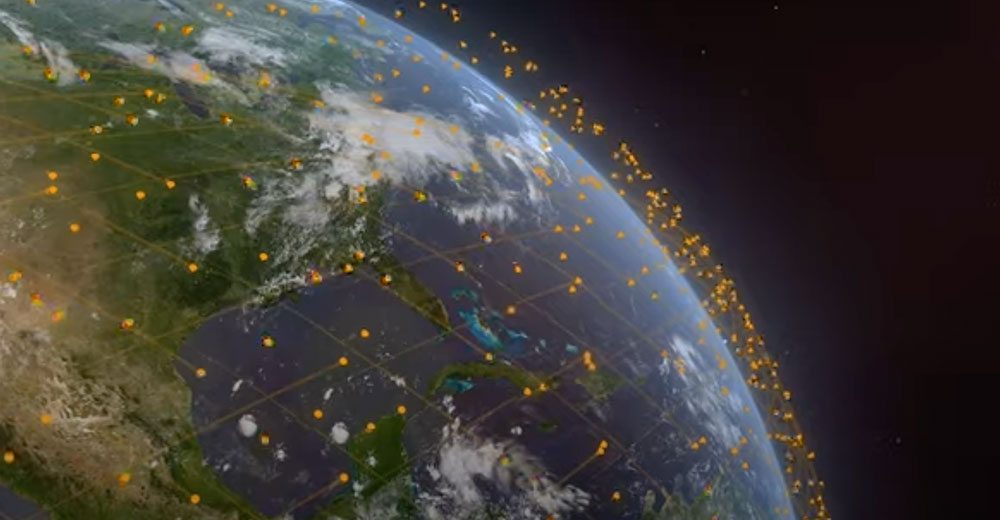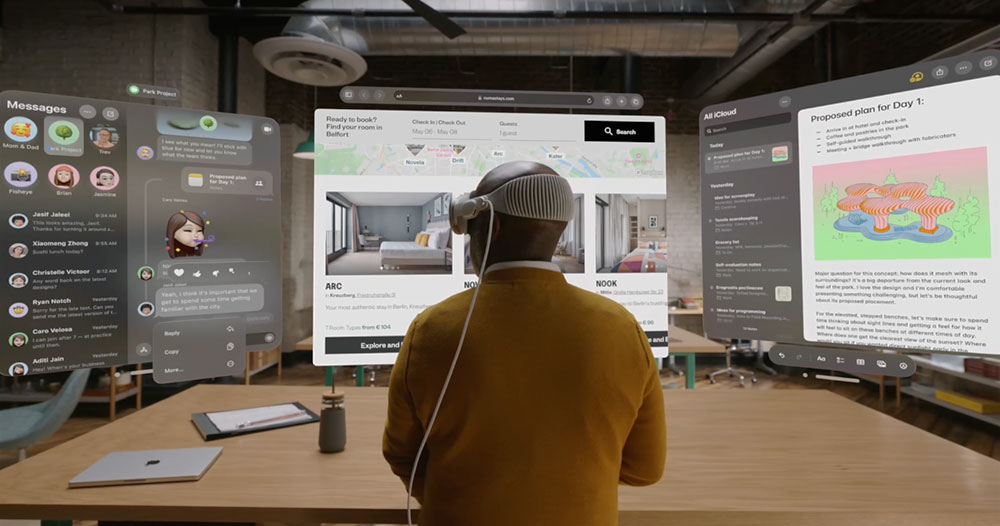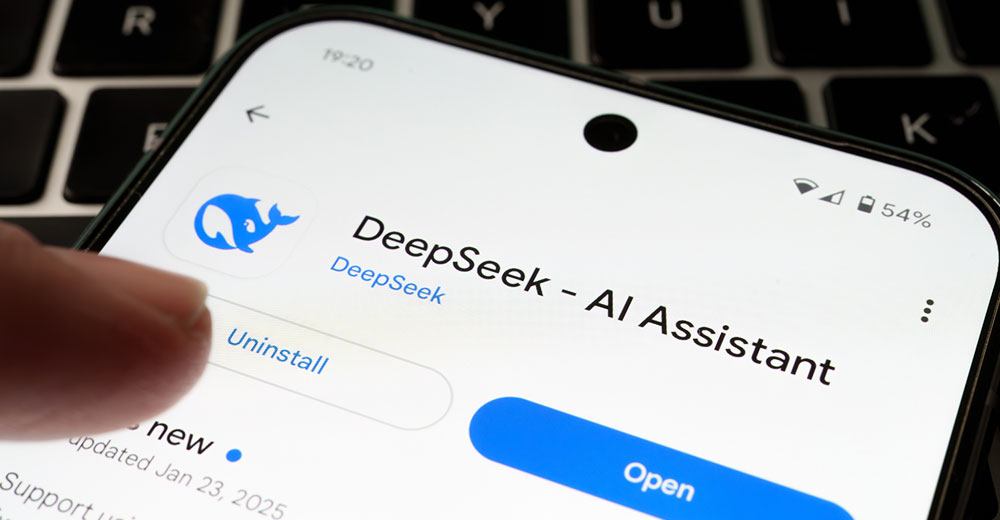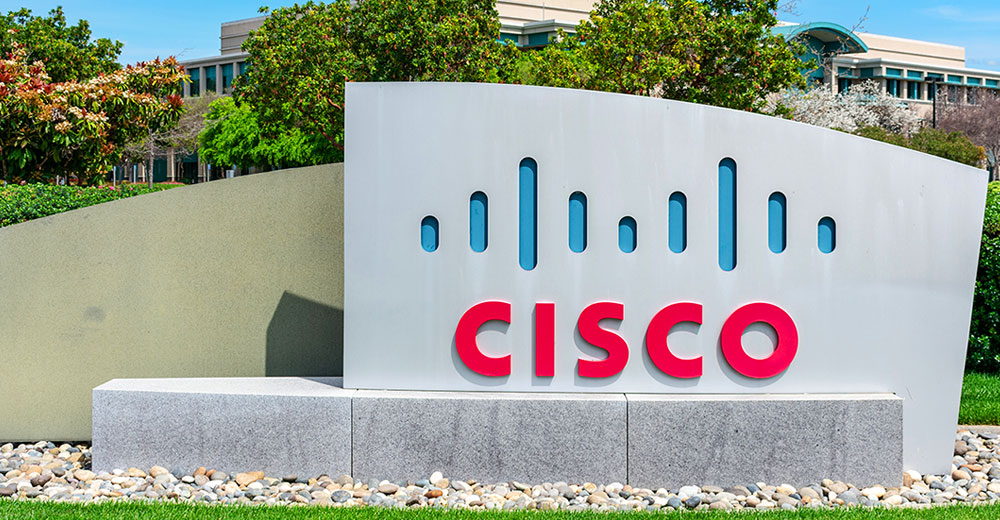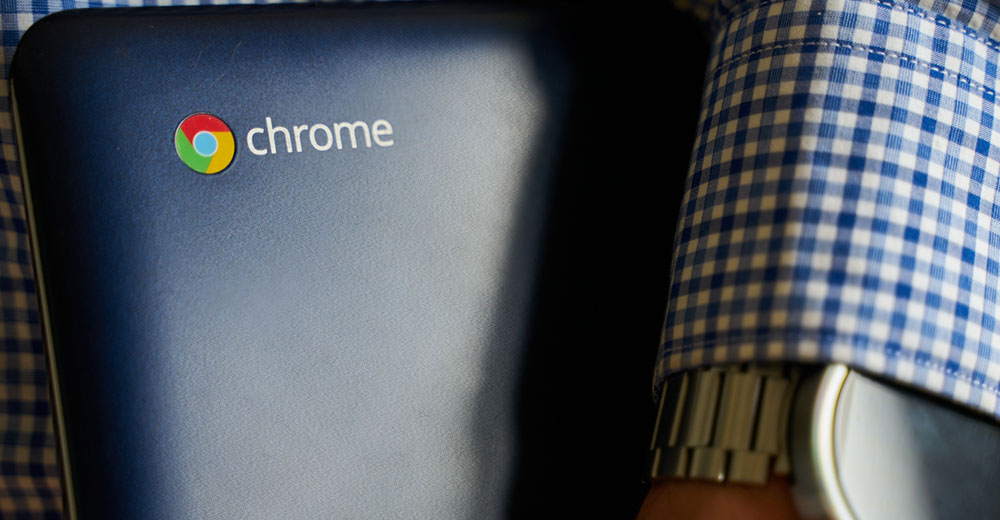The One Laptop Per Child (OLPC) project announced Friday that it has teamed up with semiconductor manufacturer Marvell to offer kids in developing nations a computer for under US$100.
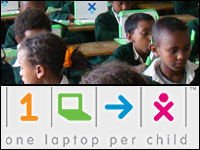
This time, the project will offer Marvell’s Moby tablet computer.
Previous attempts by the OLPC to provide children in developing nations sub-$100 computers hit various snags and holdups — will the OLPC be able to succeed this time?
Call Me Ishmael
OLPC said its next-generation tablets will be based on Marvell’s Moby reference design. The partnership it has created with Marvell will provide designs and technologies to enable “a range of new educational tablets.”
These will be delivered by OLPC and “other education industry leaders” to schools in both the United States and developing markets.
On Friday, Marvell announced the launching of Mobylize,” a campaign aimed at improving the adoption of technology in American classrooms.
The Moby’s Specs
The Moby tablet is powered by a 1GHz Maxwell Armada 610 application processor that can encode and decode video at resolutions of up to 1080p and speeds of 30 fps (frames per second) using the H.264 codec.
The Moby platform enables live videoconferencing though a built-in camera. It also enables multiple simultaneous viewing screens. It incorporates Marvell’s 11a Mobile Hotspot, which allows WiFi access that supports up to eight concurrent users connected to the Internet through a cellular broadband connection.
Other features of the Moby tablet are support for Adobe Flash 10, Android, Ubuntu and Windows Mobile. It also has Marvell 11n connectivity, which supports WiFi, Bluetooth FM radio and GPS.
The XO family of tablets based on the Moby design will require about one watt of power to operate, compared to about five watts for the current XO laptop.
The XO tablet will also have a multi-lingual soft keyboard with touch feedback. It will have an application that will let users access more than 2 million free books from the Internet.
Any Lessons Learned?
OLPC’s earlier efforts hit many stumbling blocks due to a combination of distribution and logistical problems; its adoption of Windows, which angered many in the open source community; its battles with partners; and the departure of its president of software, Walter Bender. Bender launched a non-profit foundation, Sugar Labs, that continued development of OLPC’s open source Sugar software platform.
Further, OLPC supporters were angered that Marvell, which had supplied the OLPC’s wireless mesh hardware, had required developers to sign non-disclosure agreements to gain access to the documentation for the firmware.
The question now is whether the OLPC project has learned from these mistakes, and whether it will be able to succeed in its vision of offering inexpensive computers to kids from low-income households and in the developing world.
“OLPC made an impressive number of mistakes, from oversetting expectations to not understanding that kids in developing countries couldn’t service their own hardware, to what appeared to be a complete lack of understanding of business fundamentals,” Rob Enderle, principal analyst at the Enderle Group, told TechNewsWorld.
“However, the first attempt was likely one of the most expensive educations that these folks got, and it’s doubtful they will make the same mistakes again,” Enderle pointed out. “Further, they do have Marvell, which is experienced in this class of product, to help right from the start this time.”
That doesn’t guarantee OLPC will succeed this time, however.
“If the OLPC listens to the experts this time, instead of learning by failing, they should be able to pull this off,” Enderle remarked. “I think this has vastly more potential to fly this time, but I wouldn’t be surprised if they found new mistakes they could have avoided either,” he added.
“There’s no guarantee that the effort won’t tank again, but the factor they have going for them is that they are mainly targeting a market that few other manufacturers are interested in, namely emerging countries,” Carl Howe, director of anywhere consumer research at the Yankee Group, told TechNewsWorld.
Neither the OLPC nor Marvell responded to requests for comment by press time.












